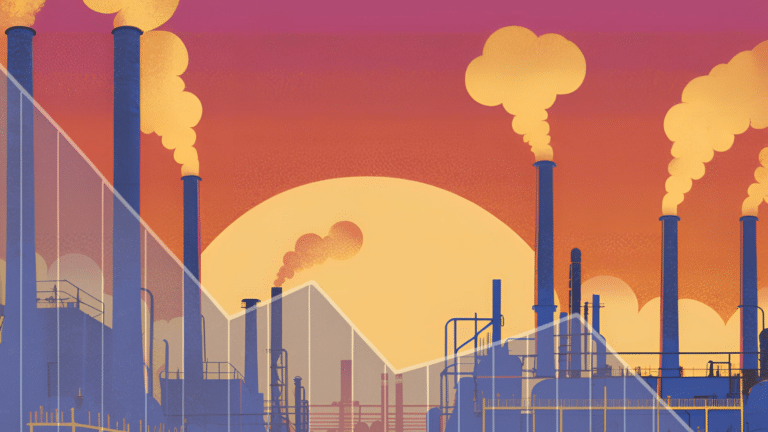Energy’s Digital Future
Harnessing Innovation for American Resilience and National Security
By Amy Myers Jaffe, Research Professor and Managing Director at the Climate Policy Lab at Tufts University’s Fletcher School of Law and Diplomacy, and Co-Chair of the Women in Energy Steering Committee at the Center on Global Energy Policy.
May 2021
Disruptive digital technologies are poised to reshape world energy markets. A new wave of industrial innovation, driven by the convergence of automation, artificial intelligence, and big data analytics, is remaking energy and transportation systems in ways that could someday end the age of oil. What are the consequences—not only for the environment and for daily life but also for geopolitics and the international order?
Amy Myers Jaffe provides an expert look at the promises and challenges of the future of energy, highlighting what the United States needs to do to maintain its global influence in a post-oil era. She surveys new advances coming to market in on-demand travel services, automation, logistics, energy storage, artificial intelligence, and 3-D printing and explores how this rapid pace of innovation is altering international security dynamics in fundamental ways. As the United States vacillates politically about its energy trajectory, China is proactively striving to become the global frontrunner in a full-scale global energy transformation. In order to maintain its leadership role, Jaffe argues, the United States must embrace the digital revolution and foster American achievement. Bringing together analyses of technological innovation, energy policy, and geopolitics, Energy’s Digital Future gives indispensable insight into the path the United States will need to pursue to ensure its lasting economic competitiveness and national security in a new energy age.
About the Author
Amy Myers Jaffe is research professor and managing director at the Climate Policy Lab at Tufts University’s Fletcher School of Law and Diplomacy. She also serves as the co-chair of the Women in Energy Steering Committee at Columbia University’s Center on Global Energy Policy. She is coauthor of Oil, Dollars, Debt, and Crises: The Global Curse of Black Gold (2009) and coeditor of Natural Gas and Geopolitics: From 1970 to 2040 (2006), among other books. |






